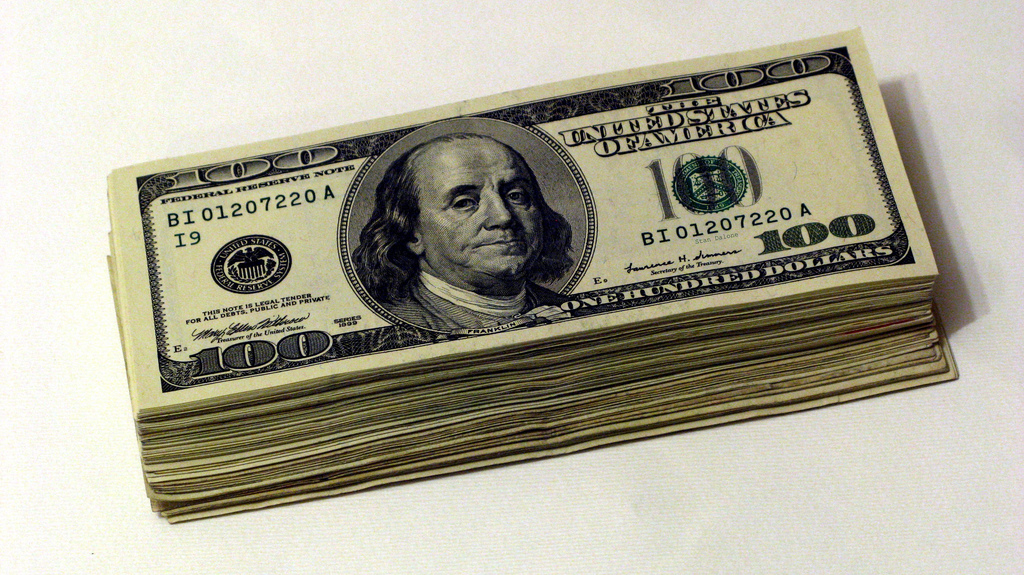Business Blog Global Financial Crisis: Moody’s Pay $864m Penalty
Following its role in the run up to the 2008 global financial crisis, the credit rating agency Moody’s has agreed to pay nearly $864m to the US federal and state authorities concerning its ratings of risky mortgage bonds. According to allegations, the role played by Moody’s in the run-up to the global financial crisis of 2008 was to give a higher rating to mortgage securities than they were actually worth – which partly contributed to the crisis. Reported by the Guardian online today, Saturday 14 January 2017 Moody’s reached the deal with the justice department, 21 states and the District of Columbia, resolving allegations that the firm contributed to the worst financial crisis since the Great Depression, the department said in a statement.

Global financial crisis of 2008 resulted in banks being unwilling to lend each other money – Lack of money is the root of all evil George Berna…—Artist in doing nothing (Flickr.com)
Global Financial Crisis: Moody’s Failed Ratings Standards
“Moody’s failed to adhere to its own credit-rating standards and fell short on its pledge of transparency in the run-up to the ‘great recession’,” principal deputy associate attorney general Bill Baer said in the statement.
Global Financial Crisis Moody’s – Not the Only Show in Town
In the run up to the global financial crisis of 2008, Moody’s was not the only show in town so to speak, that had a role in rating securities. There was also Standard & Poor’s Financial Services LLC (S&P) an American financial services company. It is a division of S&P Global that publishes financial research and analysis on stocks, bonds and commodities.
Global Financial Crisis – Standard & Poor’s Settlement
S&P Global’s Standard & Poor’s entered into a similar accord in 2015 paying out $1.375bn. Standard and Poor’s is the world’s largest ratings firm, followed by Moody’s. Moody’s said it would pay a $437.5m penalty to the justice department, and the remaining $426.3m would be split among the states and Washington DC. As part of its settlement, Moody’s also agreed to measures designed to ensure the integrity of credit ratings going forward, including keeping analytic employees out of commercial-related discussions. The rating agency’s chief executive also must certify compliance with the measures for at least five years.
The Guardian article states – Moody’s said that it stands behind the integrity of its ratings and noted that the settlement contains no finding of a violation of law or admission of liability and that it already has implemented some of the compliance measures in the agreement. Moody’s settlement on Friday resolved the justice department probe without a federal lawsuit. In the Standard & Poor’s case, resolution was reached after the US filed a $5bn fraud suit.
Connecticut, whose attorney general helped lead negotiations, filed a lawsuit against Moody’s in 2010. Mississippi and South Carolina later sued, and other states had potential claims. Connecticut’s law suit claimed that Moody’s ratings were influenced by its desire for fees, despite claims of independence and objectivity. It also accused Moody’s of knowingly inflating ratings on toxic mortgage securities. Moody’s ratings were “directly influenced by the demands of the powerful investment banking clients who issued the securities and paid Moody’s to rate them,” Connecticut attorney general, George Jepsen, said in a statement on Friday. This article is modified from the article published in the Guardian.
Tahir Ashraf’s work on the global financial crisis in banking including articles on Islamic banking and Green Bonds can be read here. You can also contact barrister Tahir by clicking here or using the form below.